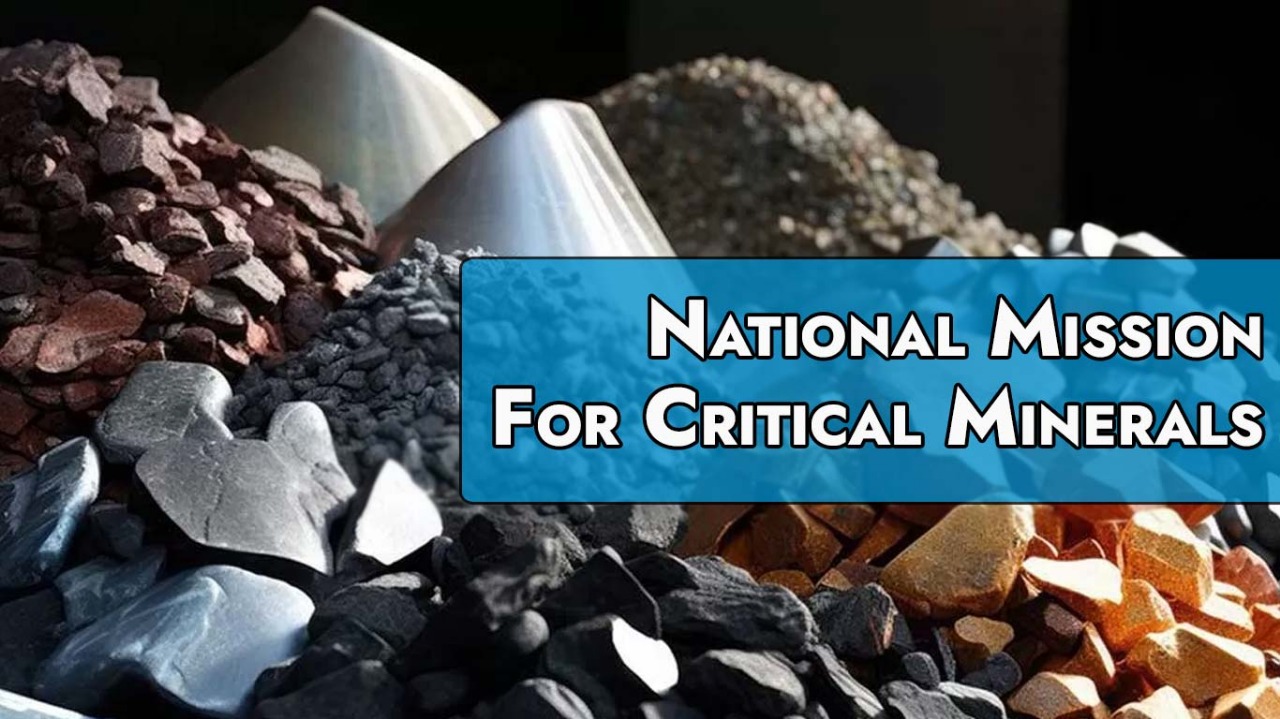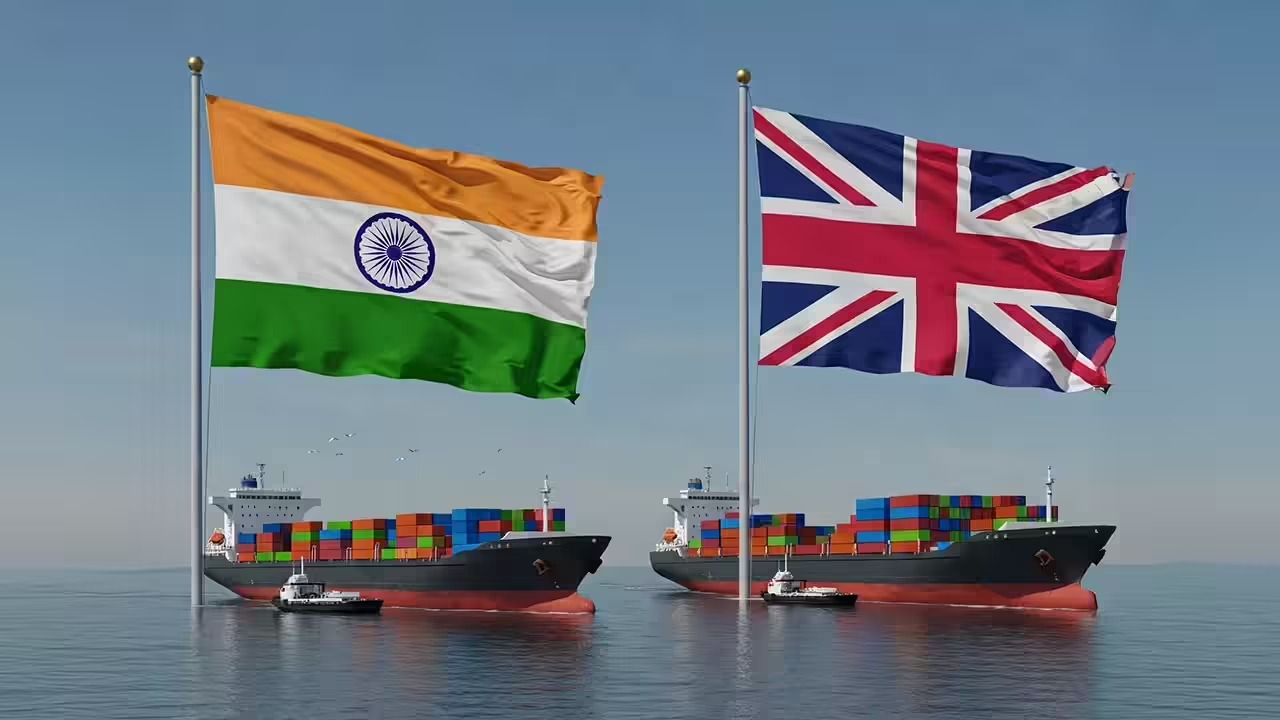
Follow WOWNEWS 24x7 on:

India’s Critical Minerals Drive Gains Momentum
India has taken a decisive leap in its quest for mineral independence, fast-tracking the National Critical Minerals Mission (NCMM) to secure vital resources for clean energy, advanced manufacturing, and national security. With China’s tightening grip on global mineral supply chains and rising geopolitical tensions, India’s urgency to build a resilient ecosystem has never been more pronounced.
On August 1, the government officially recognized seven leading institutes—including four IITs—as Centres of Excellence under the NCMM. This move signals a strategic shift from dependency to innovation-led self-reliance.
Key Highlights from the August 1 Announcement
- Seven institutes, including IIT Bombay, IIT Hyderabad, IIT-ISM Dhanbad, and IIT Roorkee, have been designated as Centres of Excellence.
- These centers will operate under a hub-and-spoke model to consolidate research, technology development, and training in mineral processing and recovery.
- The Project Approval and Advisory Committee gave the final nod, marking the beginning of advanced R&D efforts across the country.
Why Critical Minerals Matter More Than Ever
India’s clean energy transition and tech ambitions hinge on minerals like lithium, cobalt, nickel, and rare earth elements. These are indispensable for solar panels, electric vehicles, semiconductors, and defense systems. Yet, India remains heavily reliant on imports, with China controlling over 70% of rare earth mining and 90% of refining globally.
The NCMM, launched earlier this year with a budget of ₹34,300 crore, aims to reverse this imbalance by:
- Scaling up domestic exploration and mining
- Promoting recycling and circular economy models
- Facilitating international partnerships for mineral acquisition
Mission Objectives and Strategic Scope
The NCMM is designed to cover the entire value chain—from exploration to end-of-life recovery. Its goals include:
- Conducting 1,200 exploration projects by 2030, led by the Geological Survey of India
- Supporting advanced research through the Anusandhan National Research Foundation, which has allocated ₹1,000 crore
- Launching a ₹1,500 crore scheme to promote material recovery and recycling
- Encouraging private sector participation and global collaborations
Global Partnerships and Geopolitical Positioning
India is actively forging international alliances to diversify sourcing and reduce vulnerability:
- A lithium exploration agreement with CAMYEN, Argentina’s state-owned enterprise
- A critical minerals investment partnership with Australia focused on lithium and cobalt
- Bilateral agreements with Peru, Malawi, Mozambique, and Zambia
- Ongoing negotiations for government-to-government MoUs with Brazil and the Dominican Republic
India is also part of the Quad Critical Minerals Initiative, which promotes sustainable mining, recycling, and technology sharing among member nations. This multilateral effort aims to counter non-market practices and build resilient supply chains.
Innovation and Research at the Core
The newly recognized Centres of Excellence will play a pivotal role in:
- Developing indigenous technologies for mineral processing
- Training skilled professionals in the field
- Creating scalable models for mineral recovery from industrial waste
Each center will specialize in distinct areas, ensuring a comprehensive and competitive mineral ecosystem.
Looking Ahead: From Vulnerability to Strength
India’s accelerated efforts under the NCMM reflect a strategic pivot toward self-reliance in a sector that underpins its green energy transition and technological aspirations. By combining domestic innovation with global partnerships, the country is laying the groundwork for a future where critical minerals are not a liability—but a strategic asset.
This mission is more than a policy—it’s a blueprint for economic resilience, environmental responsibility, and geopolitical agility.
Source: Daily Excelsior




